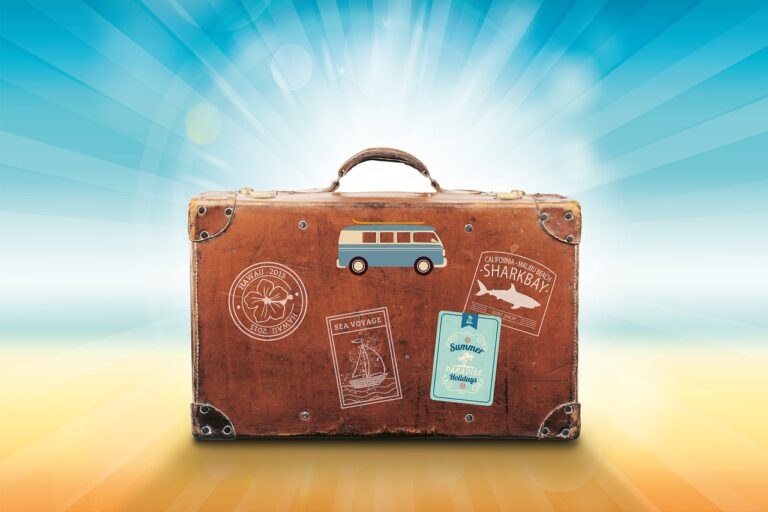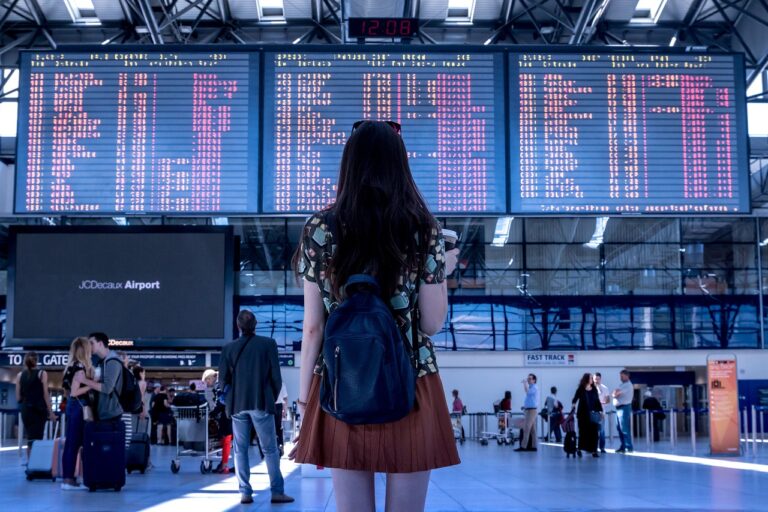Tips for Staying Safe While Traveling: Ensuring a Secure and Enjoyable Journey

Traveling can be an exciting and enriching experience, but it’s important to prioritize your safety while on the road. With careful planning and a few practical precautions, you can minimize risks and ensure a secure and enjoyable journey. Here are essential tips for staying safe while traveling:
1. Research Your Destination
Knowledge is your first line of defense when traveling. Thoroughly research your destination to understand the local culture, safety concerns, and any potential risks.
- Local Customs and Laws: Familiarize yourself with local customs, traditions, and laws to avoid inadvertently offending or breaking regulations. Being respectful and aware can help you blend in and stay out of trouble.
- Safety Advisories: Check travel advisories from your government’s travel website for updated information on any safety concerns or travel warnings for your destination.
- Neighborhoods: Identify which neighborhoods are safe for tourists and which areas might be best avoided, especially at night.
2. Keep Your Valuables Secure
Protecting your valuables is crucial to preventing theft and loss while traveling.
- Minimal Valuables: Only bring essential valuables that you need for your trip, such as your passport, credit cards, and some cash. Leave non-essential expensive items, such as jewelry, at home.
- Secure Storage: Use hotel safes or security lockers to store valuables when not in use. Consider using a money belt, neck pouch, or hidden pocket to carry essentials discreetly when you’re out and about.
- Copy Important Documents: Make photocopies or digital copies of important documents like your passport, visa, travel insurance, and credit cards. Store them separately from the originals and leave a copy with someone you trust at home.
3. Stay Connected
Staying connected with family, friends, or travel companions can enhance your safety and provide peace of mind.
- Share Itinerary: Share your travel itinerary, including flight details, accommodation addresses, and activity plans, with a trusted friend or family member. Regularly update them on your whereabouts.
- Emergency Contacts: Keep a list of emergency contacts, including local emergency numbers, your country’s embassy or consulate, and contacts back home. Store these numbers both on your phone and on a physical paper.
- Local SIM Card: Consider purchasing a local SIM card or an international roaming plan for your phone to ensure you have reliable communication. This is especially critical in case of emergencies.
4. Be Aware of Your Surroundings
Being mindful of your environment helps you stay alert and avoid potential dangers.
- Situational Awareness: Pay attention to your surroundings at all times, especially in crowded or unfamiliar areas. Trust your instincts—if something feels off, remove yourself from the situation.
- Avoid Distractions: Avoid using your phone or wearing headphones when walking in public spaces. This can make you a target for pickpockets and reduce your awareness of your environment.
- Plan Routes: Plan your routes in advance and get directions before leaving your accommodation. Use reliable navigation apps like Google Maps to stay on track and avoid getting lost.
5. Practice Health and Hygiene
Maintaining good health and hygiene practices while traveling is essential for your well-being.
- Vaccinations and Medications: Ensure you are up-to-date on your vaccinations and bring any necessary medications. Carry a basic first aid kit with essentials like band-aids, antiseptic wipes, pain relievers, and any prescription medications.
- Water and Food Safety: Be cautious about drinking tap water in places where it might not be safe. Opt for bottled or purified water. Be mindful of food hygiene—eat at reputable establishments and avoid street food if you’re unsure of its preparation.
- Hand Hygiene: Regularly wash your hands with soap and water, or use hand sanitizer, especially before eating and after using public transportation or facilities.
Bonus Tips: Travel Insurance and Transportation Safety
- Travel Insurance: Invest in comprehensive travel insurance that covers medical emergencies, trip cancellations, lost luggage, and other unexpected events. Travel insurance provides financial protection and peace of mind.
- Transportation Safety: Use reputable transportation services, whether taxis, rideshares, buses, or trains. If driving, familiarize yourself with local traffic laws and conditions. Always wear a seatbelt and follow safety guidelines.
In conclusion, staying safe while traveling involves researching your destination, keeping your valuables secure, staying connected, being aware of your surroundings, and practicing health and hygiene. By following these tips, you can minimize risks and ensure a secure and enjoyable journey. Safe travels!






